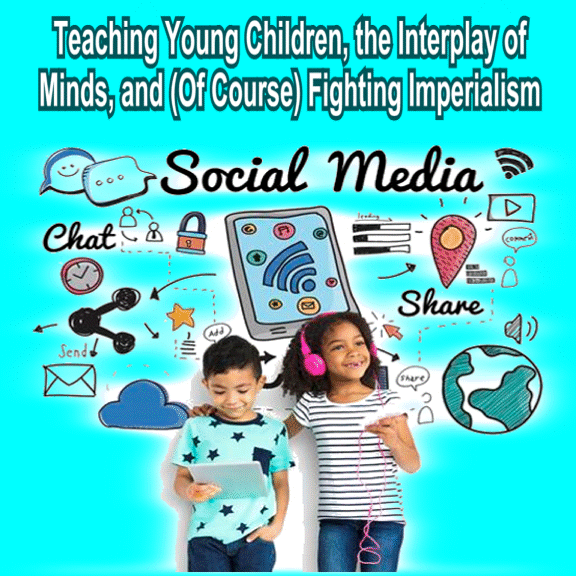Teaching Young Children, the Interplay of Minds, and (Of Course) Fighting Imperialism
In Marshall McLuhan's book The Gutenberg Galaxy, he is concerned with the affects of media on humans, taking a deep look, in part, at how the adoption of the phonetic alphabet dramatically changed our relationship to the world.
"When words are written, they become, of course, a part of the visual world. Like most of the elements of the visual world they become static things and lose, as such, the dynamism which is so characteristic of the auditory world in general, and of the spoken word in particular."
He argues that with the advent of the printing press and the widespread literacy that followed, the balance of our senses has shifted so that our visual sense has come to dominate, pushing our other senses to the background. Whereas pre-literate humans were more attuned to all their senses, modern humans have become increasingly reliant upon seeing. "Seeing is believing," we say, but for preliterate humans reality seems to reside far more in what is heard than what is said. Modern humans are conditioned to disregard much of our aural world, favoring the visual because that, we've come to believe, is where the most significance lies.
McLuhan makes the case that this narrowing of our CONTINUE READING: Teacher Tom: Teaching Young Children, the Interplay of Minds, and (Of Course) Fighting Imperialism



